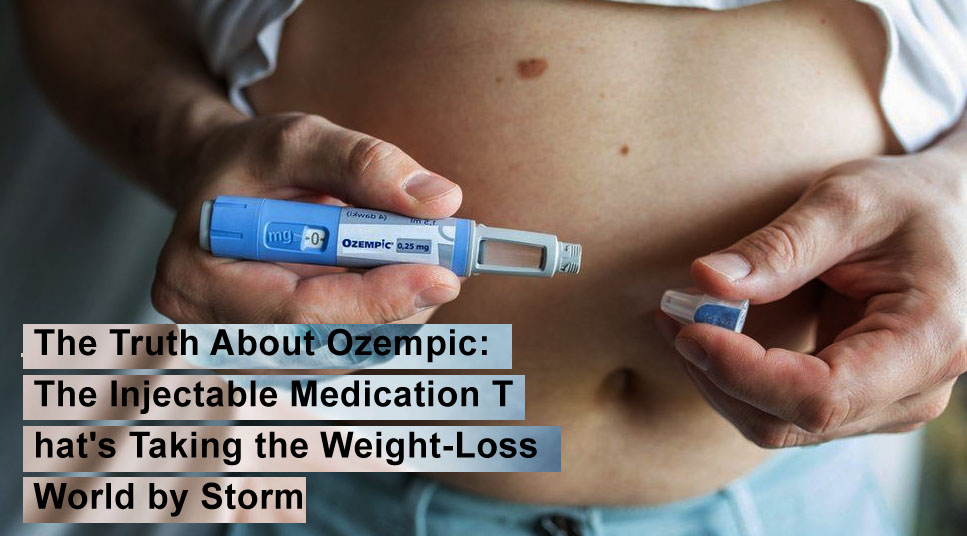For the most part, sex is OK during pregnancy, but many women are nervous or scared based on several myths about sex during pregnancy. Here are the facts according to the Mayo Foundation for Medical Education and Research:
– As long as you are having a normal pregnancy you can have sex as often as you want.
– Sex during pregnancy does not usually cause a miscarriage.
– Having sex won’t hurt or harm your baby.
– It is perfectly normal not to feel like having sex during pregnancy.
– It is perfectly normal to feel like having sex frequently during pregnancy.
– Lack of interest in sex may be due to hormonal changes, fatigue, emotions, feelings about self image, fears about childbirth, concerns over your relationship with your husband or partner and physical discomforts.
– Heightened interest in sex can be due to hormonal changes.
– Oral sex is safe except do not allow your partner to blow air into the vagina, as this can cause a rare but life threatening condition called an air embolism.
– Anal sex is not recommended due to the possibility of bacteria migrating from the rectum to the vagina.
For most normal and uncomplicated pregnancies, sex is fine, but there are some reasons why it might be contraindicated. Sex during pregnancy mught be contraindicted during pregnancy due to the following reasons:
– Preterm labor
– Placenta previa (partial or complete)
– Premature rupture of membranes (PROM)
– Vaginal bleeding
If you think you fall into any of those categories or just have questions or concerns, always have a discussion with your health care provider.
Of extreme importance is that pregnancy does not guard you against sexually transmitted diseases. Being exposed to an STD during pregnancy can cause very serious health issues for both you and your baby. When in doubt, have your partner use a condom for protection.
In summary, sex can be a normal activity during pregnancy. How you feel about it in your first trimester may change in your second and again in your third. Hormone levels fluctuate, your body is changing and so will your comfort level. Communicate with your partner frequently, expressing your feelings and concerns.
Vitamin D is important for you It’ll do great things for your baby too Here’s a list of some reasons to take it It used to be that our bodies would make it But not so now as most people are low Especially in pregnancy please read what’s below
5 Reasons you and your baby need vitamin D during pregnancy
- Building your baby’s bones and teeth – vitamin D is essential for maintaining necessary levels of calcium and phosphorus. Deficiencies can cause skeletal deformities and growth issues that can negatively impact birth weight.
- Decreasing the incidence of RSV in your baby’s first year of life – studies are showing that when mothers took vitamin D during pregnancy there was less risk of their babies getting RSV, a very serious respiratory disease of infants.
- Decreased risk of early onset severe preeclampsia – preeclampsia is a high blood pressure disease of pregnancy. Early onset is before 34 weeks and can result in a preterm birth and/or prolonged hospitalization for mom and baby.
- Decreased risk of diabetes – studies are showing that when pregnant women took 4,000iu of vitamin D, they greatly reduced their risk of gestational diabetes as well as type I diabetes in their baby.
- Brain and nervous system development in your baby – some studies have shown that babies who had seizures, developed schizophrenia or autism have come from mothers with low vitamin D levels.
There are three main sources of vitamin D. One is from food.
Here are some of the best food sources of vitamin D:
- 3 ounces catfish, cooked: 570 IU
- 3.5 ounces salmon, cooked: 360 IU
- 3.5 ounces mackerel, cooked: 345 IU
- 3 ounces tuna fish, canned in oil: 200 IU
- 1.75 ounces sardines, canned in oil, drained: 250 IU
- 1 cup milk, fortified with 25% of daily value (DV) of vitamin D: 100 IU
- 1 cup orange juice, fortified with 25% of DV of vitamin D: 100 IU
- 1 cup fortified skim milk: 98 IU
- 1 tablespoon margarine, fortified: 60 IU
- 1 cup ready-to-eat cereal, fortified with 10% of DV of vitamin D: 40 IU
- 1 egg yolk: 20 IU
As you can see, unless you want to eat fish for breakfast, lunch and dinner, or drink a few gallons of milk every day, it isn’t easy to get the recommended dose on a daily basis.
The second source is from sun exposure at least 20-30 minutes per day. Many of us wear sun screen to protect ourselves from the harmful effects of the sun, and during certain times of the year when it’s cold, our skin is covered.
The third source is from taking high quality pharmaceutical grade vitamin D3. It is the easiest and most reliable. Many sources are now recommending 4,000iu per day for pregnant women.
Once you have delivered your baby, and especially if you are breast feeding, you will want to continue getting vitamin D on a daily basis. There are numerous benefits for everyone including cardiovascular health, cancer prevention and increased immunity.




